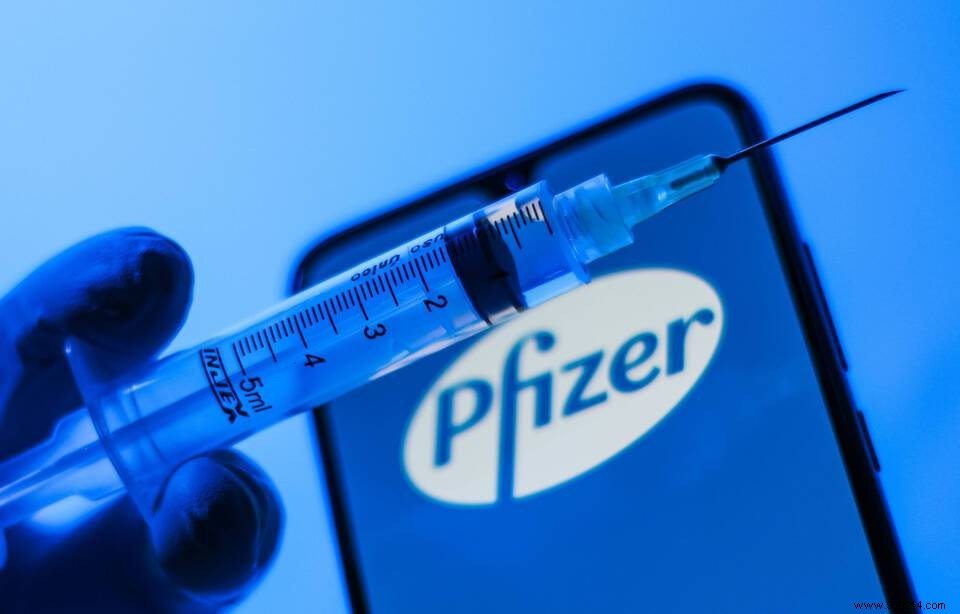The hackers behind the theft of confidential documents related to the Pfizer/BioNTech vaccine actually went much further. They did not only publish these same documents. They also inserted false information that the European Medicines Agency (EMA) refutes.
In December 2020, the European Medicines Agency (EMA) announced that it had been the victim of a hack. The hackers stolen documents focusing on coronavirus vaccines from several laboratories, including Pfizer and Moderna. On January 12, 2021, the EMA published a press release indicating that certain Pfizer documents had been published on a Russian forum present in the dark web. These same documents then ended up on a very well-known and very easily accessible data sales site.
Continuing its investigation, the EMA issued another statement on January 15, 2021. The agency certified that it was indeed Pfizer data but that some have been modified . It therefore seems that the hackers – whose origin and identity remain unknown – wanted to fuel an already widespread mistrust of vaccines.

The hackers therefore targeted the BNT162b2 vaccine from Pfizer and BioNTech. In November 2020, these two companies declared their product to be 90% effective in preventing SARS-CoV-2 coronavirus infections. However, the feeling of mistrust seems to have its source in the fact that these were preliminary results of phase 3 of a large-scale trial still ongoing at the time of reporting. Moreover, this vaccine is not "classic" but messenger RNA. However, this promising technology nevertheless has the reputation of not yet being fully mastered.
Remember that the EMA's mission is to evaluate and approve drugs before they are marketed in the European Union. The agency plays a role of regulator and each time analyzes many documents provided by the laboratories. The objective? Determine whether or not famous drugs meet EU standards. In addition, the EMA also claimed that the hackers had access to internal and confidential exchanges by email. Regarding the process of evaluating vaccines against the coronavirus, these messages would also have been modified. In addition, the conversations would have been the subject of incomplete publications.
Finally, let's mention the fact that many attacks have already targeted vaccines, in terms of their design, transport and storage. The recent attack is the only successful attempt at public disclosure.